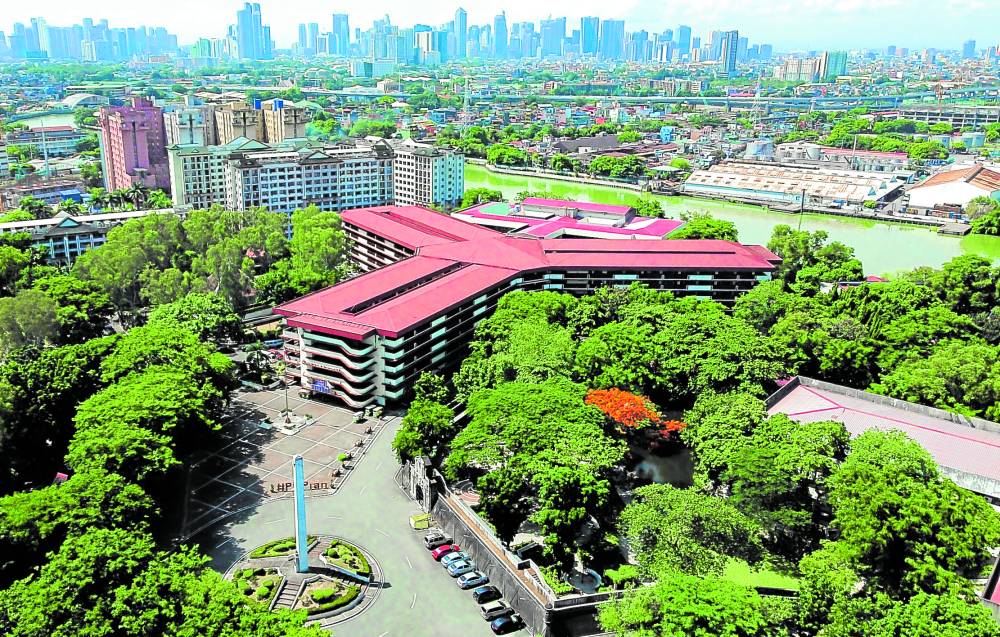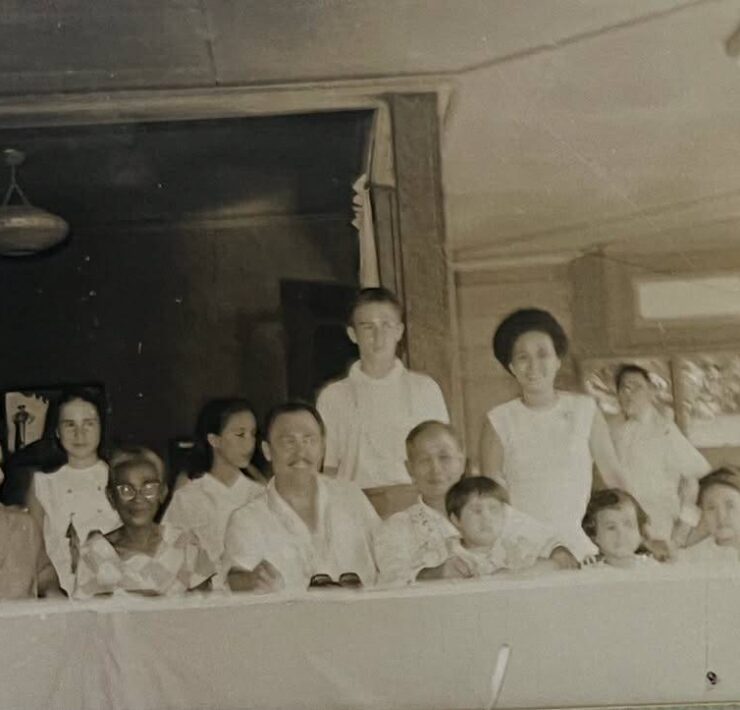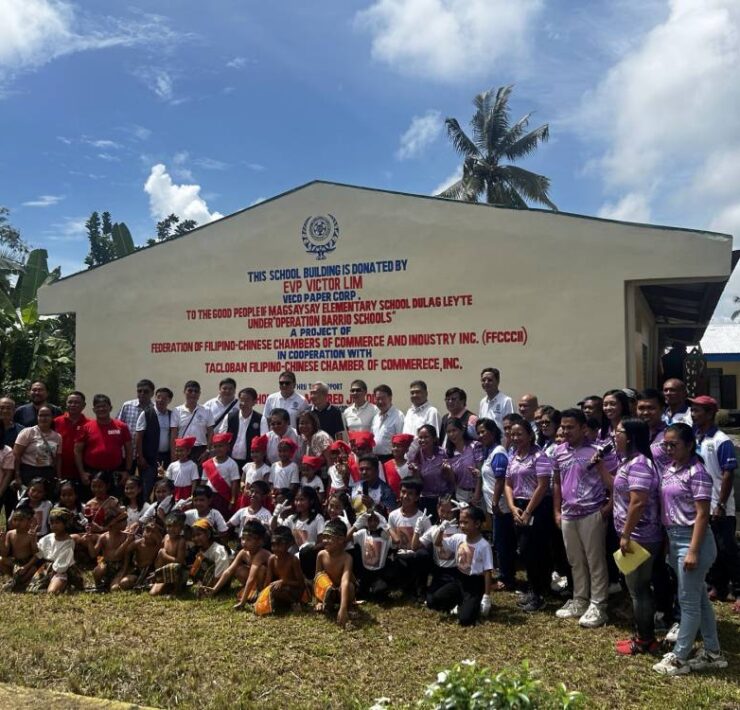PUP says Marcos veto ‘threatens’ university’s future

President Marcos’ decision to veto the bill granting more autonomy to the Polytechnic University of the Philippines (PUP) “threatens the future” of the institution, its campuses and the communities it serves, the PUP administration said on Friday.
“This decision is not merely a legislative setback—it is a rejection of the urgent call to expand access to quality, inclusive and relevant public higher education,” a statement from the university posted on its official Facebook account said.
The vetoed measure—the National Polytechnic University (NPU) bill—seeks to amend the PUP’s charter and grant the university greater institutional and fiscal autonomy to respond to the needs of its more than 93,000 students spread in 25 campuses in the country.
The PUP is to be renamed NPU should the bill become law. The measure, a result of the reconciled House Bill No. 11341 and Senate Bill No. 2699, was passed by Congress in February.
The House bill was authored by 45 lawmakers, led by Speaker Martin Romualdez, while the Senate version had the backing of 23 senators. The NPU bill would have lapsed into law on July 9 had it not been vetoed.
Assessment compliance
At a press briefing on Friday, Undersecretary Claire Castro, the Palace press officer, said the President vetoed the bill “because a directive had already been issued, as early as 2016, requiring an assessment.”
“As of now, it appears that there has been no compliance with the required assessment for the said school,” she said.
But Mr. Marcos, according to Castro, remains firm and hopeful that the PUP will eventually attain national university status once all the necessary requirements are fulfilled. She did not specify the requirements that had not been met.
The PUP statement said that because of the veto several campuses “face imminent closure” due to the lack of funding support that would have been guaranteed by the measure. The bill proposes P100 million in annual support for the NPU for five years.
It stressed that the bill was “never about prestige or titles” but a “clear and comprehensive response to the structural challenges that have long constrained its growth.”
“[The bill] should have served as a declaration of public commitment to quality education. Instead, the veto message appeared to downplay our achievements and dismiss the significance of our 120-year legacy,” it said.
The PUP also said its pursuit of national university status was not intended to challenge the regulatory authority of the Commission on Higher Education (CHEd), but to empower the institution to “innovate, modernize, and enhance” its academic offerings while remaining accountable to national standards.
“The NPU Bill would have addressed multiple critical needs: sustained funding for infrastructure and modernization, expansion of access to underserved communities, strengthening of governance structures, regularization of long-serving staff and faculty, and insulation of our campuses from political interference. These goals align with national development, not detract from it,” it said.
Student rep’s position
It warned of the potential consequences of the veto, including loss of access to safe and functional learning spaces, job insecurity for faculty and staff, suspended or downsized academic programs, and disruption of research and innovation initiatives.
“Let this be a wake-up call. Every day that this legislation remains unsigned is another day education is treated as a privilege instead of a right. We are losing time and losing futures,” it said.
The PUP Office of the Student Regent (PUP OSR), however, welcomed the veto, describing it as an “overwhelming victory of the collective action of the Iskolar ng Bayan.”
It urged students to remain vigilant, saying the veto “is not the finish line.”
“The threat of privatization and commercialization persists as long as lawmakers continue to push for profit-oriented reforms. Time and again, the Sintang Paaralan must remain public, accessible and pro-people university,” the PUP OSR said in a statement on Instagram on Friday.
According to its website, the institution now known as PUP started as the Manila Business School, which was founded on Oct. 19, 1904.
In 1908, it was renamed Philippine School of Commerce (PSC), then merged with the Philippine Normal School in 1933. The PSC later became Philippine College of Commerce (PCC) in 1952.
In 1978, the PCC became a chartered state university, the current PUP. The main campus is located in Sta. Mesa, Manila.





















